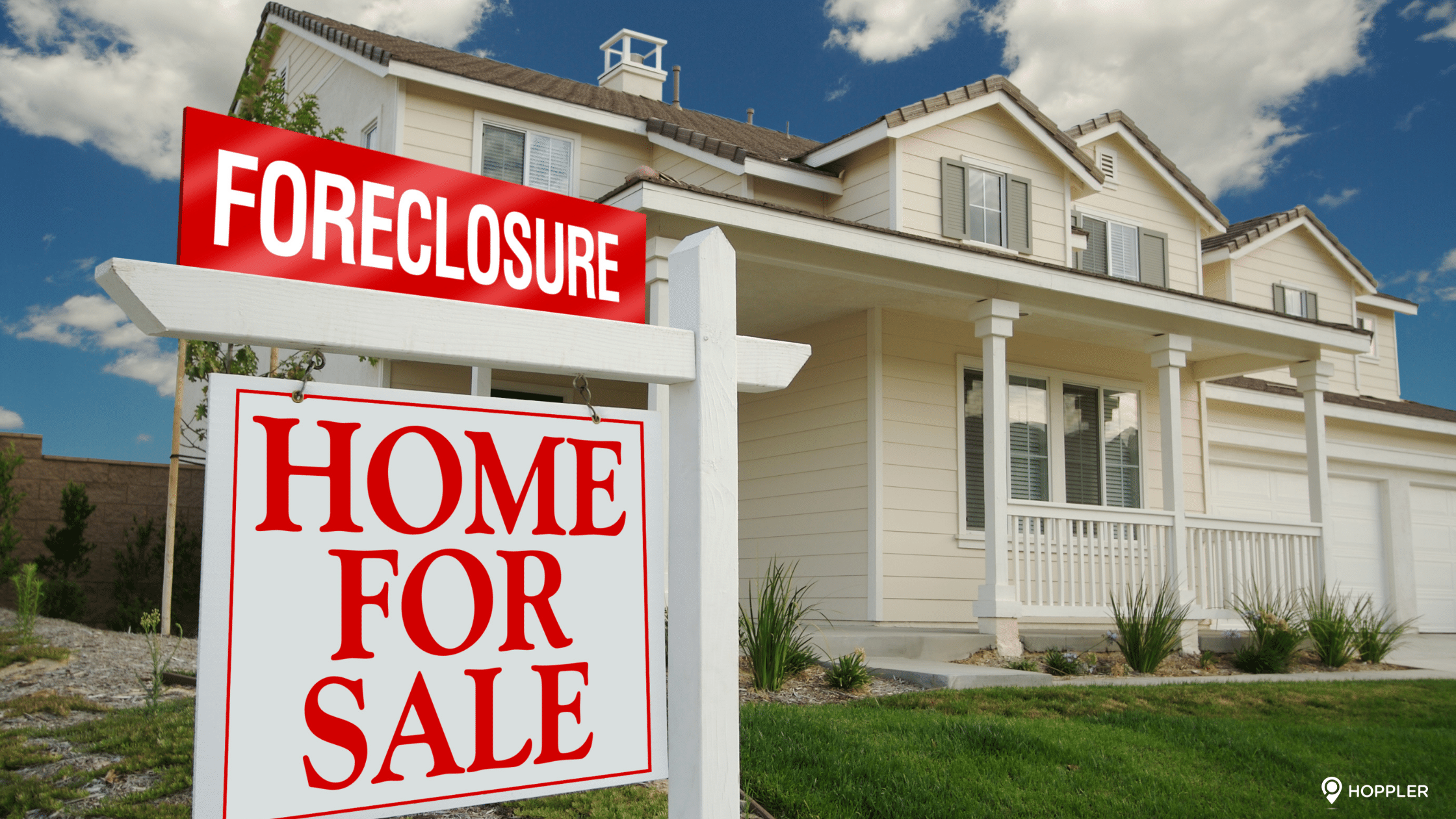The Ultimate Guide to Raw Land Investing

Raw land offers incredible value to people who want a long-term investment. It can be a great spot to build your dream home or resell it for a much higher price. Indeed, raw land investing is highly lucrative because a vacant property is a good investment opportunity. But before you buy one, it is important to pay due attention to the important factors that will make it worth the price you pay. The key to buying raw land with enormous potential is to know real estate strategies or work with a trusted, experienced real estate agent.
What is raw land?
Technically, raw land is an agricultural or undeveloped property such as farm, ranch, and timberland. Compared to residential properties, raw lands are cheaper and do not need property insurance. However, because they are in their natural state, raw lands do not generate immediate income. In short, they are speculative real estate investments. You would only get the ROI once you sold the land or use it for business purposes.
What are the benefits of raw land investing?
If you are determined to invest in raw land investing, weighing the risks and rewards is crucial to balance your investment portfolio. If the pros outweigh the cons and you are willing to take the risk, go ahead and buy your first land property.
In terms of benefits, here are the primary reasons why you should buy raw land:
Easy to acquire
With the help of an agent from a reputable real estate firm, acquiring raw land is simple. Statistically, absentee landowners are willing to sell their lots for reasonable prices. These are the type of owners who are not living near the area and do not have an ‘emotional connection’ with the land. If your agent can find properties like these, you get an incredible deal.
Low cost of maintenance
You can just let it sit there and wait until the valuation favors you. It is easy to maintain and does not require thorough cleaning, unlike structures or residential property. With a vacant lot, you are not forced to ‘do’ anything right away. You don’t have to pay utility and maintenance fees.
Less competition
It is the most underrated real estate investment, but investors know the underlying potentials of raw land, so they acquire them. The lesser demand for this kind of property means very little competition.
Minimal issues
Raw land does not depreciate. Nothing can be destroyed, stolen, or broken. You don’t have to deal with tenant or renter’s problems, leaking roofs, bugs, molds, and more.
Potential profit
Lands are scarce and do not multiply. As time goes by, the need for land continues and grows exponentially. In a nutshell, raw land is a very precious resource and investment that appreciates its value. Buy and hold strategy can give you viable returns in the long run.
Earn passive income
If your acquired land is in a strategic location, it has the potential to give you a steady passive income. You can use it as a parking space for vehicles or lease it to companies who need a place to build a warehouse for their products. You can also rent it out for businesses that need lots for cell towers, billboard rentals, utility purposes, ranchers, and other purposes. Ground lease or land lease is a win-win strategy for both parties.
Generate fast ROI
If you’re in to buy and sell, you can earn quick profits by purchasing good land and selling it to prospective clients who are on the lookout for real estate properties.
Marketability by subdividing the land
Subdividing the raw land into smaller lots can give you bigger profits. It is easier to sell small lots because they are more affordable and easily fit the buyer’s purpose. Not everyone needs a large land. For this project, you need to get legal documentation and apply for subdivision mapping.
Flexibility to build
You can use the land for future ventures or income-generating projects. If you have capital, developing it into a rental, commercial, or residential property will give you long-term earnings. Another option is to maximize it by using it to grow crops and fruit-bearing plants or raise livestock. You can also turn it into a homestead farm and pass it to the next generation of your family.
Joint ventures
If your land is in a prime location, you can partner with real estate developers to maximize its use and earn profits without the necessity to sell it quickly.
How to successfully buy raw land?
- Consider the location – When buying a property, location is the prime consideration of every investor. Regardless of your future plans for the lot, the location determines its potential profitability and marketability. If the location is off the grid, its attractiveness to buyers is less, even if it is affordable and spacious. Or, if you are thinking of building a commercial project someday and it is far from the nearest neighborhood community, you are defeating your purpose.
- Know what you are buying – It means that you should check the topography, soil quality, road accessibility, drainage, and other essential factors. Is the soil solid enough for future construction? What about the road access? Most raw land plots in rural areas do not have roads. The lack of access can be a problem with the neighboring lands in the future, especially if you intend to build a residential home or develop the land.
- Study the land history -It is important to be diligent in looking at the land’s title history and know if there are ownership disputes. Another thing to check is how many years the present owner is holding it. Is there an issue why it is not saleable in the past?
- Learn the zoning restrictions – The zoning laws of a particular city or town can affect your future plans, so it is important not to overlook this matter. Find out the list of restrictions to know if the land matches your purpose. Neglecting to factor in the zoning laws is a costly mistake, ruining your chances to sell it in a higher amount or pursue your ultimate project. Being aware of the zoning regulations before investing your hard-earned money will avoid headaches and regrets.
- Expect additional costs – Raw land acquisition comes with additional costs that are associated with future development. If you are building a property in the land, you need to account for the expenses that include securing permits, boundary surveys, etcetera.
Do’s and don’ts when buying raw land
Dos
- Do find a good real estate agent to find your preferred raw land. Working with an agent makes the search process, negotiation, and closing the deal hassle-free.
- Do prepare your finances. A lot of land deals involve paying in cash because sellers do not want to be paid in installments or mortgages. So make sure that you have the amount of money to secure the property. Moreover, the raw land will not produce immediate cash flow, so organizing your financial portfolio is important.
- Do check ownership. One of the most frustrating things is getting raw land that is being claimed by a number of people. Only deal with the verified landowner. Ask for a photocopy of the land title and get a Certified True Copy from the Register of Deeds to check the ownership.
- Do your own homework. Research the market and list down your criteria. Make them your guide in asking the right questions. Getting accurate answers and due diligence in knowing your options are an absolute must. Make sure that the land fits the title description and that there are no unpaid taxes. Get a copy of the property’s tax declaration to confirm that all taxes are paid.
Don’ts
- Don’t expect to secure a bank loan. Unlike home acquisition where it is easy to get a loan, using the raw land as collateral is not always favored by banks or mortgage brokers. Raw land loans are riskier to the lenders, so they prefer the traditional collaterals.
- Don’t forget to subject the land to environmental tests. This is to ensure that the soil of the property is free from contamination or stable enough to accommodate big structures. Also, know that the area is not prone to flooding and other natural hazards.
Where to locate prime raw land properties for sale?
The traditional way is through newspapers’ classified ads. Social media platforms, especially Facebook, are also good sources. But the best choice is checking real estate websites with dedicated search tools that give you easy access to available raw lands for sale in various locations. Hoppler has an easy-to-navigate, search-friendly interface. Its home page provides a quick list of pre-selling projects and available properties across the metropolis and other parts of the Philippines.
Takeaway
Is it worth investing in raw land? It depends on your risk tolerance and future plans. Owning raw land offers a myriad of opportunities that involve developing it to increase the market value. It is an excellent investment as land value grows, even if it is undeveloped or underdeveloped. You just need to find the perfect timing to sell it to another buyer or use the land for commercial purposes. In its end, successful raw land investing is more likely when the property has good potential, and you are willing to take a calculated risk.




